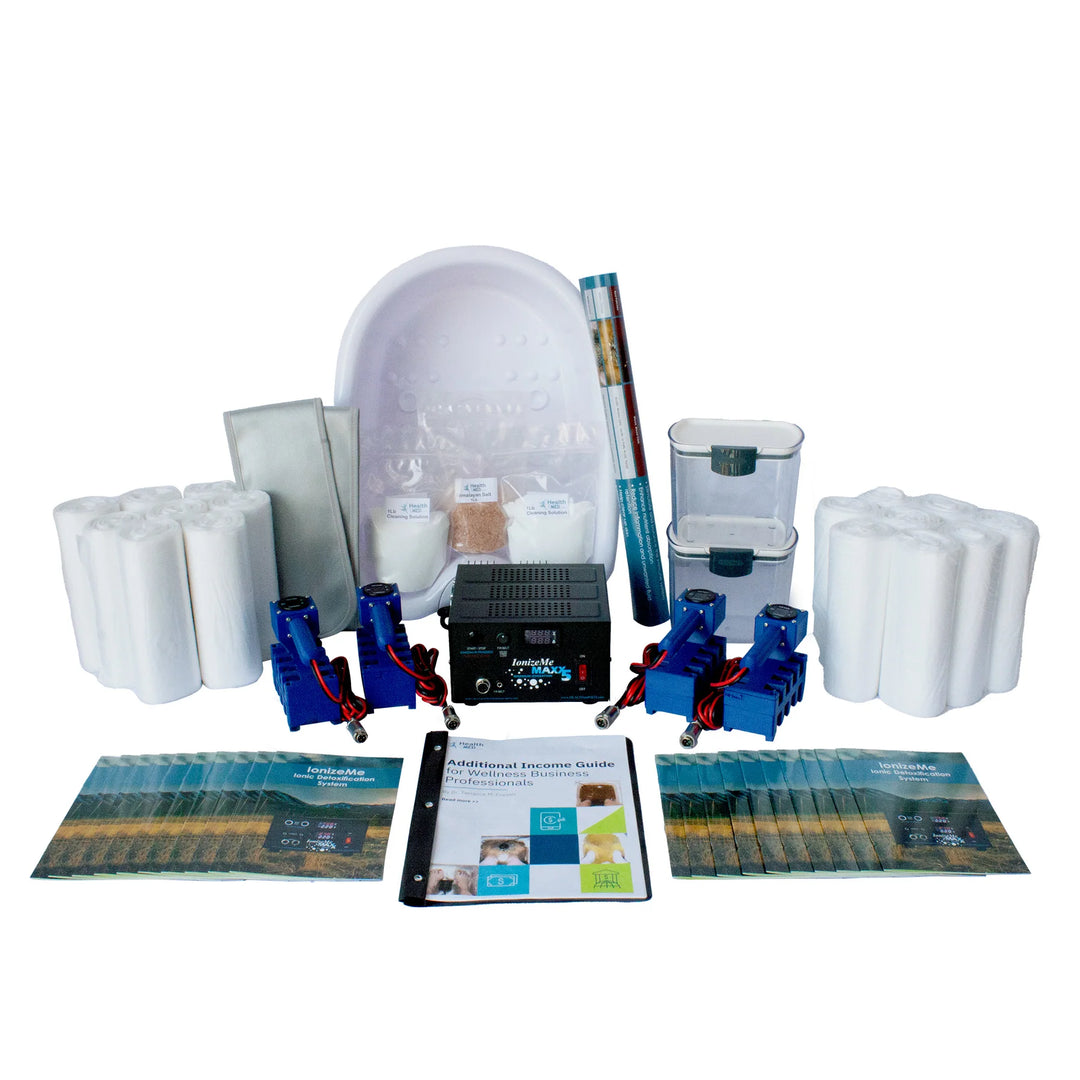From Farm to Table: The Health Consequences of Pesticide Residues

What is Pesticide?
Pesticides are toxic chemicals used to kill pests or plants (weeds) that might interfere with crop growth. They can be solid, gas or liquid, and there are many different modes of application. Some commonly used classes of pesticides include organophosphates, carbamates, and other pesticide products containing Dimethyl-Tetrachloroterephthalate (DCPA) sprayed on the farmland.
How are pesticides toxic?
The use of these chemicals in agriculture may result in residues in food and expose consumers to these chemicals. Exposure can occur from working with pesticides directly and from exposure to pesticide drift from fields through the air, airborne dust from farms and pesticide deposit in the dust on carpets, floors and other materials in houses and buildings near pesticide use areas. Pesticide spraying can also contaminate drinking water sources. So, there are potential health risks whether they work in agriculture-related jobs or not.
Furthermore, 2022 Int Journal of Food Contamination studies show that 57 pesticides were detected in fruits and vegetables from farm to fork.
What are the Health Consequences of Pesticide Residues?
Epidemiological studies conducted in California found that living near pesticide spraying is linked to harm to the respiratory system, increased risk of cancer, and harm to the developing child, such as low birth weight and reduced IQ
EWG scientists then reviewed the nearly 400 active pesticide ingredients used in Ventura County for acute and chronic health effects, including cancer, neurotoxicity, endocrine disruption, reproductive and developmental toxicity, thyroid toxicity, immunotoxicity, asthma, and respiratory irritation.
In fact, The Environmental Protection Agency released part of its health assessment on May 31, 2023 showing significant risks to human health from the Herbicide weedkiller DCPA, which is widely used in U.S. foods for decades. A 2021 study also found an association between DCPA in dust samples and an increased risk of childhood leukemia.
How to reduce the impact of toxins?
There are some steps anyone can do to reduce pesticide exposure:
- People living or working near pesticide spraying can remove shoes before entering the home, change and wash clothes soon after returning home and vacuum frequently to remove dust.
- In most cases, washing and soaking can only lead to a certain degree of reduction in residue level, while other processing such as peeling, and blanching can reduce pesticide residues more effectively.
- Properly detoxifying your body with IonizeMe Maxx the most powerful machine. Ionic Detox studies show that there was sufficient data to demonstrate that using an Ionic Foot Bath had statistically significant higher levels of excretion of toxic elements in the urine.
- Soaking fruits and vegetables with Ionized Water will effectively eliminate pesticides and makes foods taste better.
- Food sterilization with hypochlorous acid used for washing food will also help.







